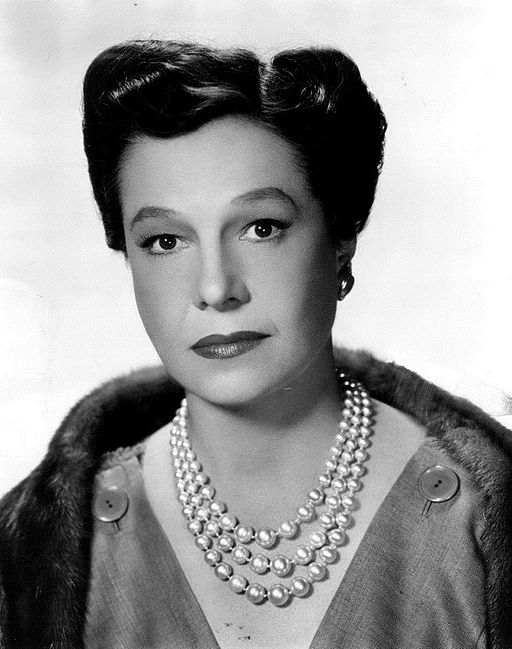A few weeks ago, my faithful Google Alerts brought to my email inbox an article in The New Indian Express that illustrates the concept of repartee by providing a number of examples. Notably, two of them have Bernard Shaw as one of the necessary protagonists. The first of them has already been discussed here, and has been discarded as completely apocryphal. The other one, however, I had never heard of. It goes like this:
"Cornelia
Otis Skinner won critical acclaim in the lead role of Shaw’s play Candida. Shaw
cabled, “Excellent. Greatest.” Skinner, overjoyed, replied, “Undeserving such
praise.” Shaw cabled back, “I meant the play.” Pat came the reply, “So did I.”"
If you Google the key words in this exchange, you will quickly realize that the anecdote has been quoted countless times, even if we only list articles that are available online, like this one, this one, or this one. However, no source is provided in any of the instances I've come across. Not even in books that claim to have researched the question, or in the secondary sources they cite.
Of course, the first thing I did was to check my database and, there it was! There is at least one book that makes reference to this witty repartee. Although, as we shall see, it is not the most reliable of sources. The exact details follow.
On page 249 of Allan Chappelow's Shaw the Villager and Human Being, we read how Dr. William Maxwell recounts a story that Shaw told him when he was staying with him in Edimburgh:
"The scene was the 90's, when
he was a music critic. He had been invited to a soirée in the house of a noted
society lady. She had engaged a violinist (in whose career she had taken an
interest) to entertain her guests—there were hundreds of them—and at the end of
the evening, asked Shaw what he thought of her protégé. He replied that the
violinist reminded him of Paderewski. 'But Paderewski is not a violinist,' she
said. ' Exactly,' replied G.B.S. !"
This paragraph ends with a footnote where the author goes on to say that "this amusing story prompted me
to tell Dr. Maxwell the following one of a similar flavour." Of course, "the following one" is the story we have quoted at the beginning of this post.
Admittedly, Chappelow does not provide any other source but his own knowledge, and we cannot take his words as confirmation that the exchange between Shaw and Skinner ever took place. As we all know, Chappelow made Shaw's aquaintance when he visited him in 1950 (the year of Shaw's death) and took the last known photographs of him. Therefore, he can only have learned about this anecdote from secondary sources, and it is unlikely that Shaw should have ever mentioned this to him in person - Chappelow would have probably included that information in his book.
In all, it seems that this quotation may well be apocryphal or, ultimately, impossible to confirm. There is nonetheless evidence to give credibility to this repartee. In 1943 (during Shaw's and Skinner's own lifetimes) Isabella Taves published a book entitled Successful Women and How They Attained Success. The chapter devoted to Cornelia Otis Skinner (pp. 69-78) also contains the same story, practically in the same words.

